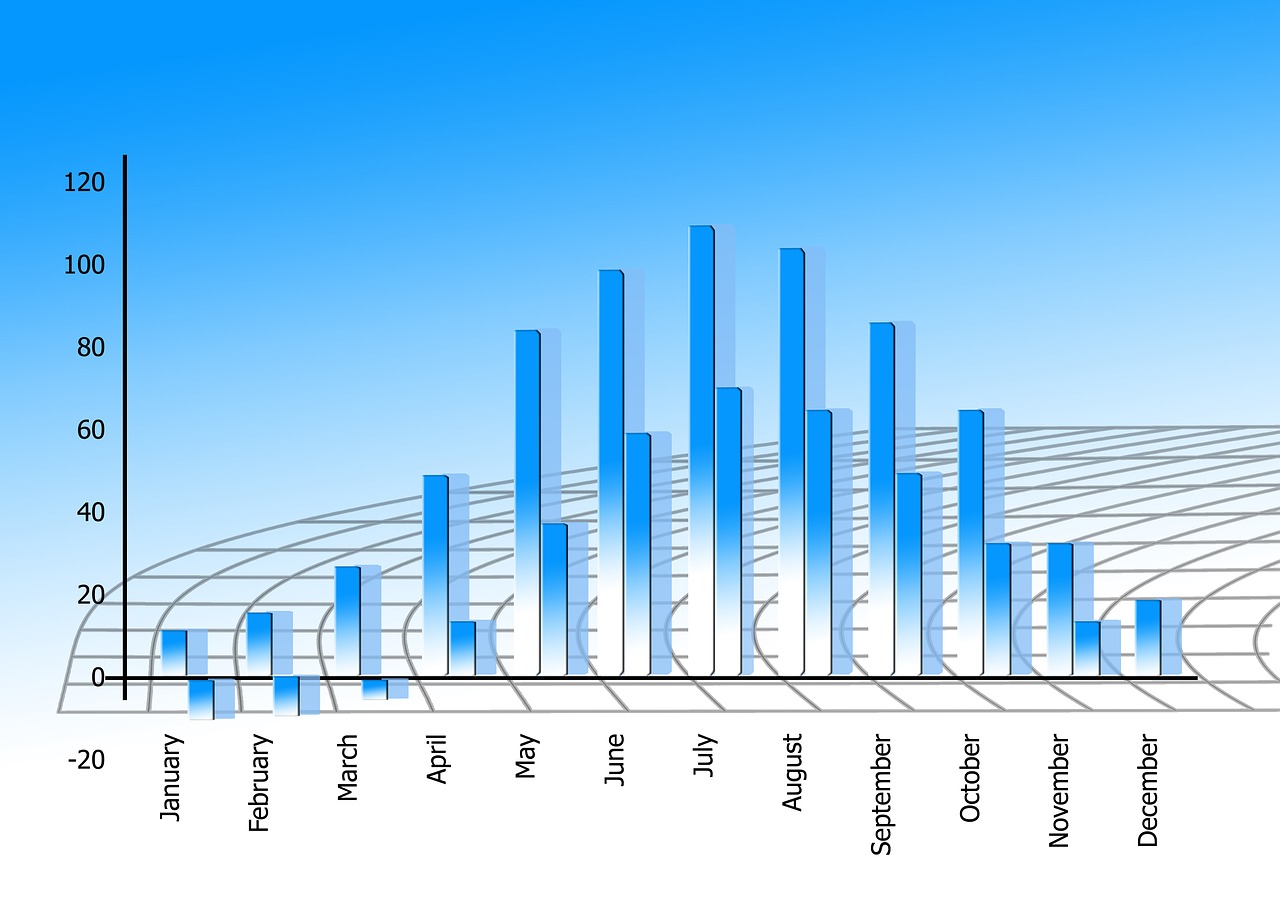有关新冠疫情的英文介绍简短(有关新冠疫情的英文介绍简短版)
新冠疫情的简短英文介绍
The COVID-19 pandemic, which originated from the SARS-CoV-2 virus, has had a profound impact on the global community, reshaping our daily lives and challenging the world's healthcare systems. This article provides a concise overview of the pandemic's origins, its rapid global spread, the measures taken to combat it, and the ongoing efforts to develop effective treatments and vaccines.
The Origin of the Pandemic
The COVID-19 pandemic began in late 2019, with the first reported cases in Wuhan, China. Initially identified as a cluster of pneumonia cases of unknown etiology, the virus was later named SARS-CoV-2 by the International Committee on Taxonomy of Viruses. The virus's rapid spread throughout China and eventually the world has been attributed to its high transmissibility and the ease with which it can be transmitted through respiratory droplets.
The Global Spread
The virus's global reach was swift and widespread, with cases being reported in multiple countries within weeks of the initial outbreak in China. By March 2020, the World Health Organization (WHO) declared the COVID-19 outbreak a pandemic, recognizing its significant impact on public health worldwide. The pandemic's rapid spread can be attributed to factors such as international travel, lack of initial awareness about the virus's transmissibility, and the time it took for effective public health measures to be implemented.
Public Health Measures

To combat the spread of the virus, governments around the world implemented various public health measures. These included lockdowns and curfews to restrict movement, social distancing measures, and the closure of non-essential businesses. Additionally, countries implemented travel restrictions, border controls, and mandatory quarantine periods for travelers. These measures were crucial in slowing down the virus's spread and preventing healthcare systems from being overwhelmed.
The Impact on Society and Economy
The pandemic has had a significant impact on society and the economy. Many countries have experienced a decline in economic activity due to business closures and restrictions on movement. The unemployment rate has risen in many countries, and the healthcare sector has been under immense pressure. Additionally, the pandemic has highlighted the importance of public health infrastructure and has led to increased investments in healthcare systems worldwide.
Scientific Response and Research

The scientific community has played a crucial role in understanding the virus and developing treatments and vaccines. Researchers have conducted extensive studies to understand the virus's transmission, pathogenesis, and clinical manifestations. Additionally, several vaccine candidates have been developed and are currently undergoing clinical trials. The rapid development of vaccines is a testament to the global scientific community's ability to respond to a global crisis.
Vaccination Efforts
Vaccination is a critical component in controlling the pandemic. Several vaccines have been approved for use worldwide, including those developed by Pfizer-BioNTech, Moderna, and AstraZeneca-Oxford. These vaccines have shown high efficacy in preventing severe illness and reducing transmission of the virus. However, achieving herd immunity will require widespread vaccination coverage, which has proven challenging due to various factors such as access to vaccines and public trust in vaccination programs.
Ongoing Challenges and Future Considerations
Despite significant progress in controlling the pandemic, several challenges remain. The emergence of new variants of the virus has posed additional risks and required adjustments to public health measures. Additionally, the long-term effects of the pandemic on society and the economy are still unknown. As we move forward, it is essential to continue investing in public health infrastructure, strengthening global health security, and addressing the social and economic impacts of the pandemic.

Conclusion
The COVID-19 pandemic has been a global challenge that has required a coordinated response from governments, healthcare professionals, scientists, and the public. While significant progress has been made in controlling the virus's spread and developing treatments and vaccines, ongoing challenges remain. It is crucial to continue efforts to strengthen public health systems, improve access to vaccines globally, and address the social and economic impacts of the pandemic. By working together, we can overcome this crisis and build a more resilient future for all.





还没有评论,来说两句吧...